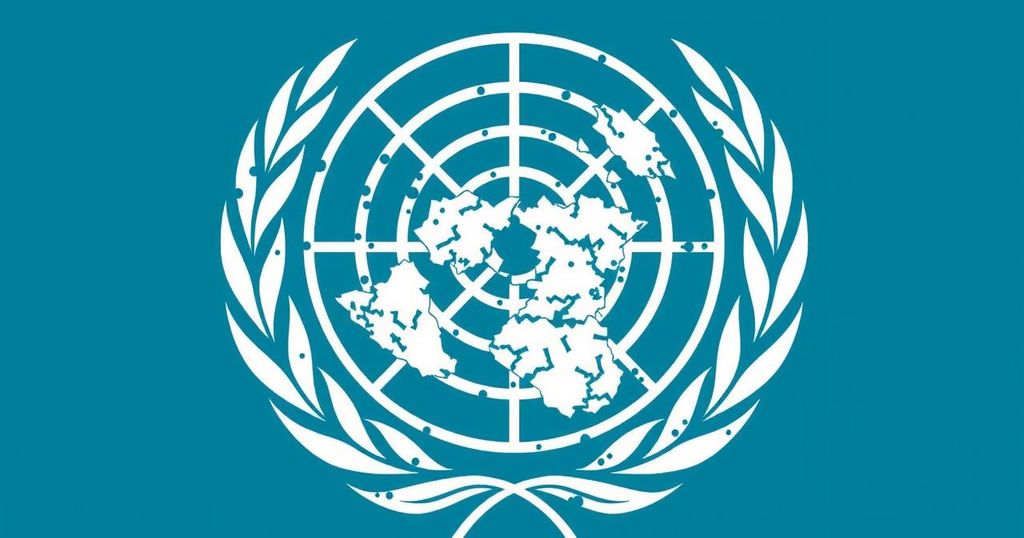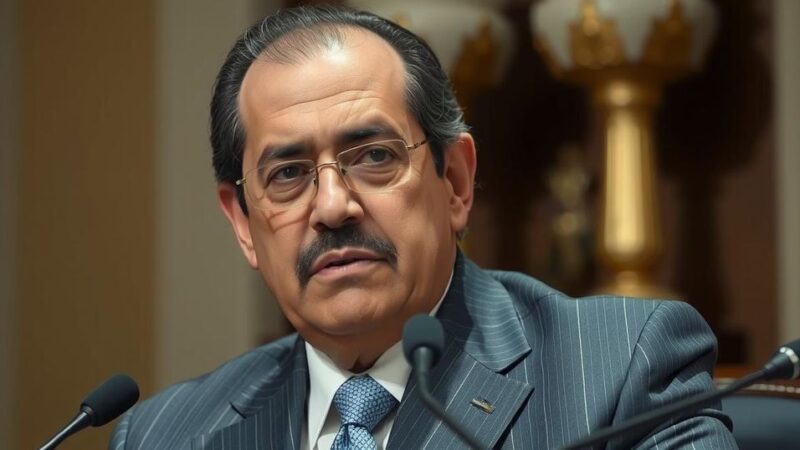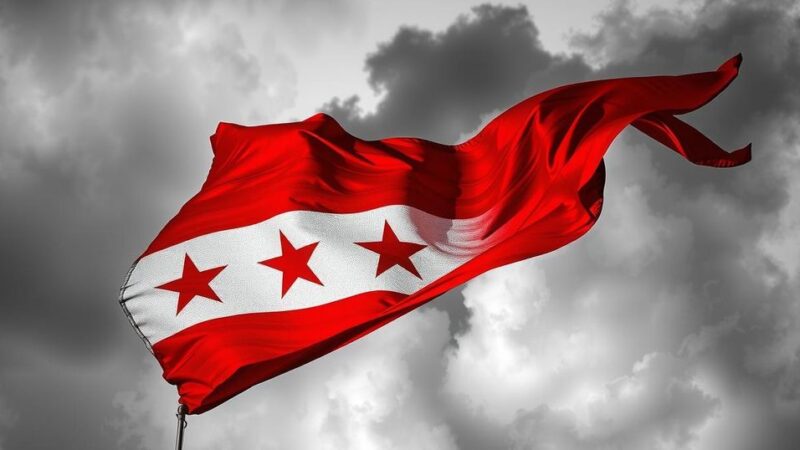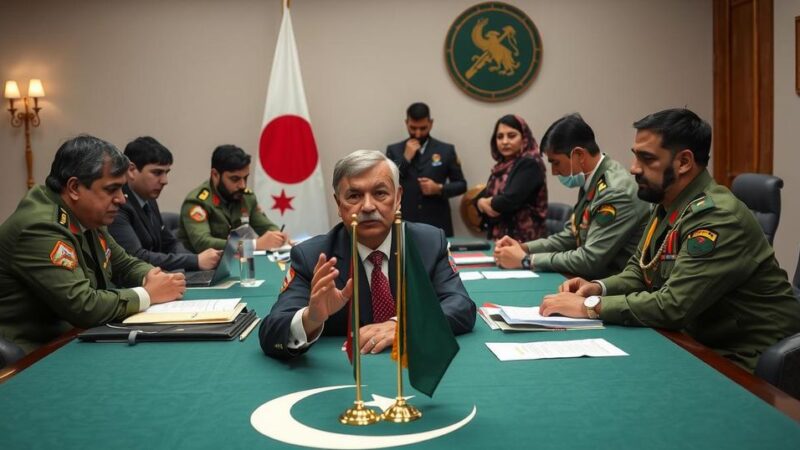This article discusses the ongoing violation of the UN arms embargo by the South Sudanese government, evidenced by the continued influx of military supplies and extraordinary claims of partnerships with foreign entities such as Dynamic Defense Solutions FZE. The implications of these violations highlight a significant accountability gap and the humanitarian crisis endured by the South Sudanese population as governmental actions contradict international norms and ideals. The absence of accountability raises serious questions about the effectiveness of the UNSC’s sanctions.
In 2018, the United Nations Security Council (UNSC) imposed an arms embargo on South Sudan in response to escalating hostilities and violations of peace agreements. However, a recent 2023 report indicates that high-ranking officials within the South Sudan government have been involved in extrajudicial killings, state-sponsored war crimes, and other serious human rights violations while simultaneously facilitating the continued influx of weapons into the country. Despite the yearly renewals of the arms embargo, it appears that the South Sudanese government has been secretly acquiring military hardware, including armored vehicles from the United Arab Emirates (UAE). Reports emerged that Dynamic Defense Solutions FZE, a UAE-based company, claimed to have secured a deal to supply vehicles to the South Sudan Army, although government spokespersons have denied any formal agreements. The recent investigation highlights the troubling trend that while the government makes public denials, evidence suggests robust engagement with foreign entities to bolster military capabilities, thereby circumventing the embargo. This contradiction raises critical questions about accountability and the effectiveness of the international community’s sanctions. The ongoing violence against civilians further compounds the credibility crisis facing the South Sudanese government as citizens continue to confront dire humanitarian conditions without effective governmental support.
The United Nations Security Council instituted an arms embargo against South Sudan as a response to the country’s internal conflicts and persistent humanitarian crises. This embargo was intended to hinder the Government of South Sudan from accessing military resources that could exacerbate violence and human rights abuses. Despite this, reports have surfaced suggesting that senior officials within the government have violated the embargo through clandestine agreements with foreign military suppliers. Investigations and reports indicate that the ongoing flow of arms into South Sudan not only undermines the UNSC’s efforts but also perpetuates a cycle of violence and suffering among the civilian population. As the government appears to exploit loopholes in the embargo, the situation raises alarms regarding both governance and international oversight.
The persistent violation of the arms embargo by South Sudan’s government signifies a profound failure of international mechanisms designed to foster peace and uphold human rights in the region. As documented by the 2023 UN inquiry report, high-ranking officials are implicated in grave human rights abuses while simultaneously facilitating the flow of arms into the country. The case of Dynamic Defense Solutions further illustrates how easily the South Sudanese government can engage in clandestine military agreements despite international sanctions. The continued neglect of civilian welfare amidst expanding military capabilities not only diminishes the credibility of South Sudan’s leadership but also exacerbates the plight of millions of citizens suffering from insecurity and lack of basic services.
Original Source: www.radiotamazuj.org







